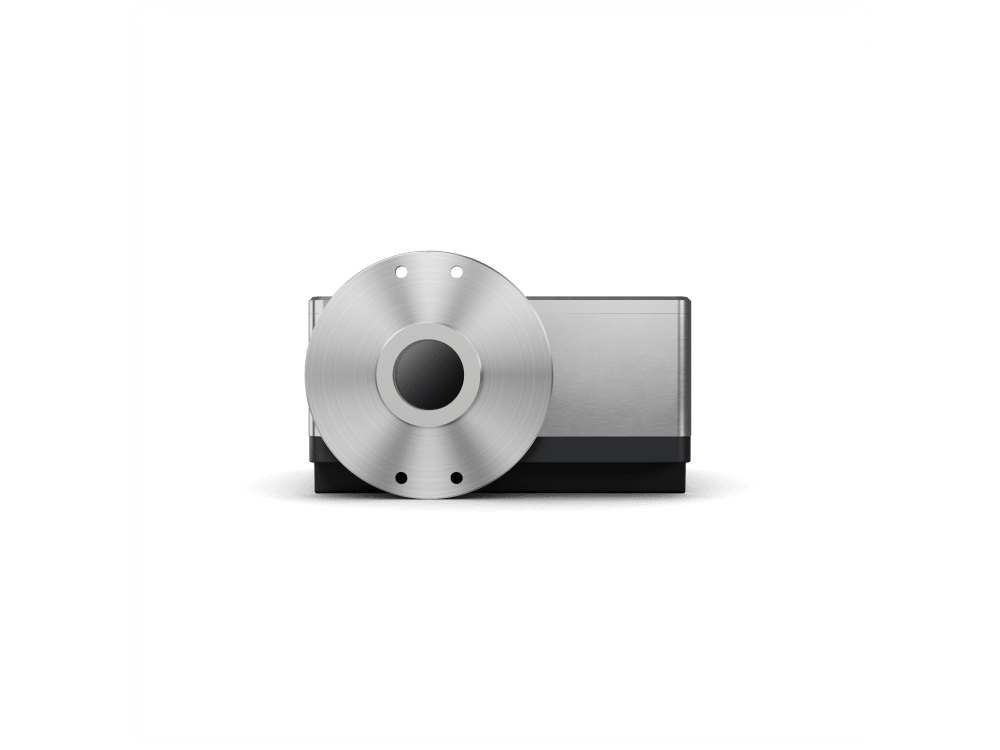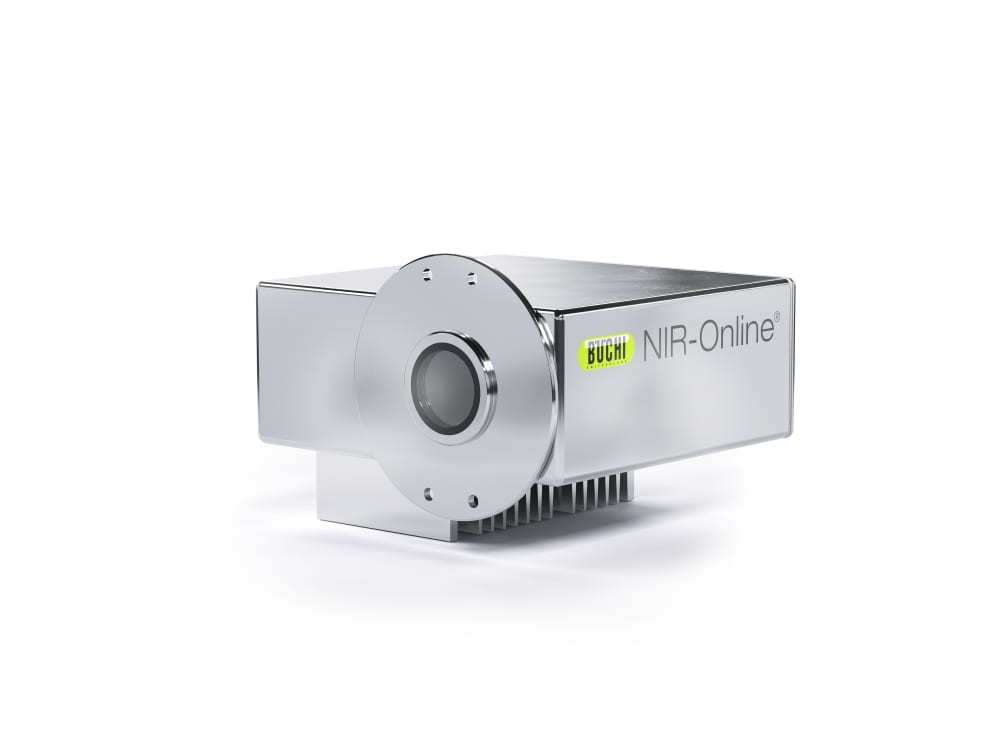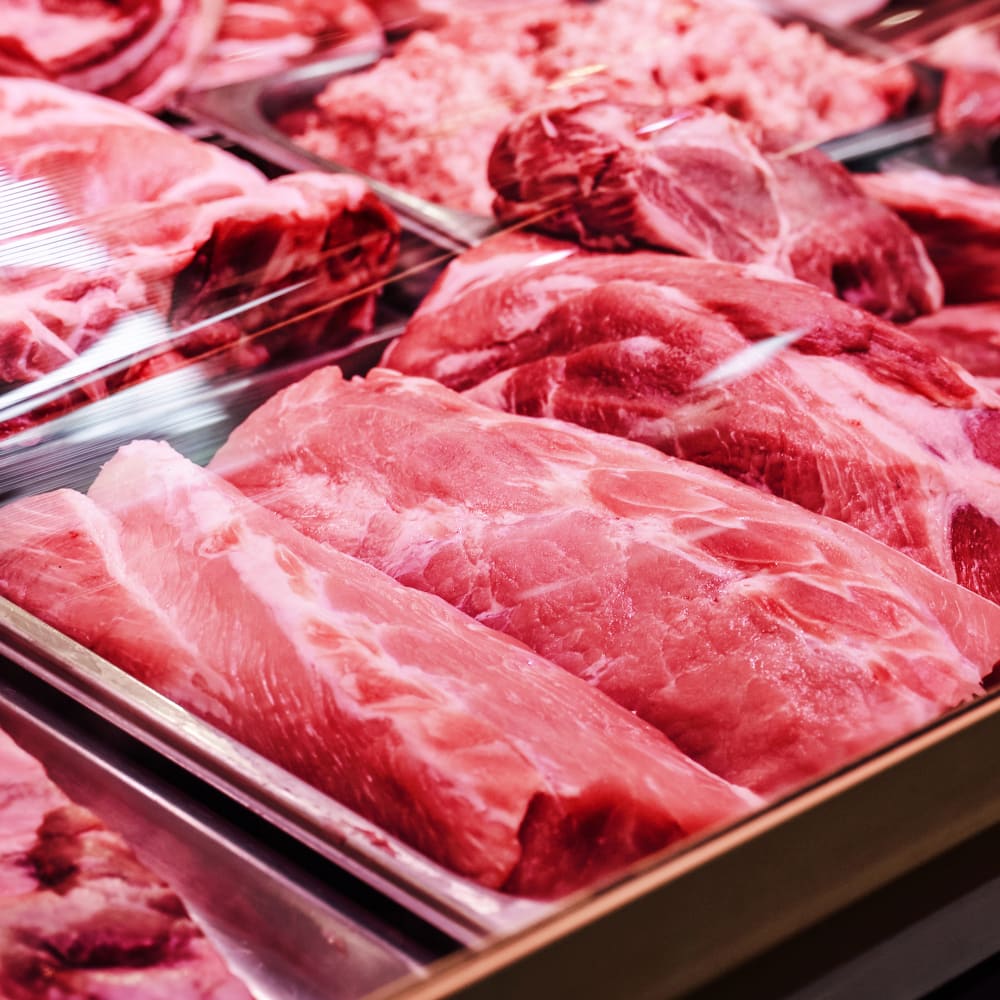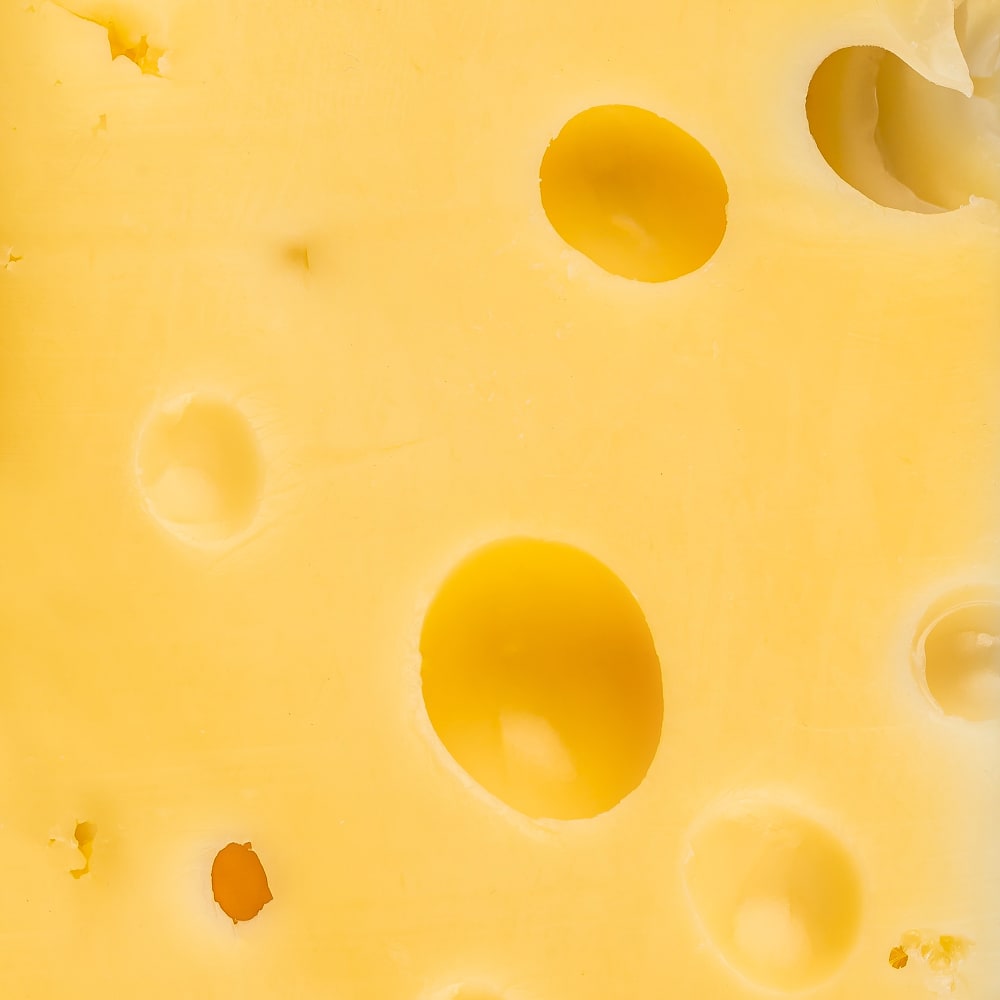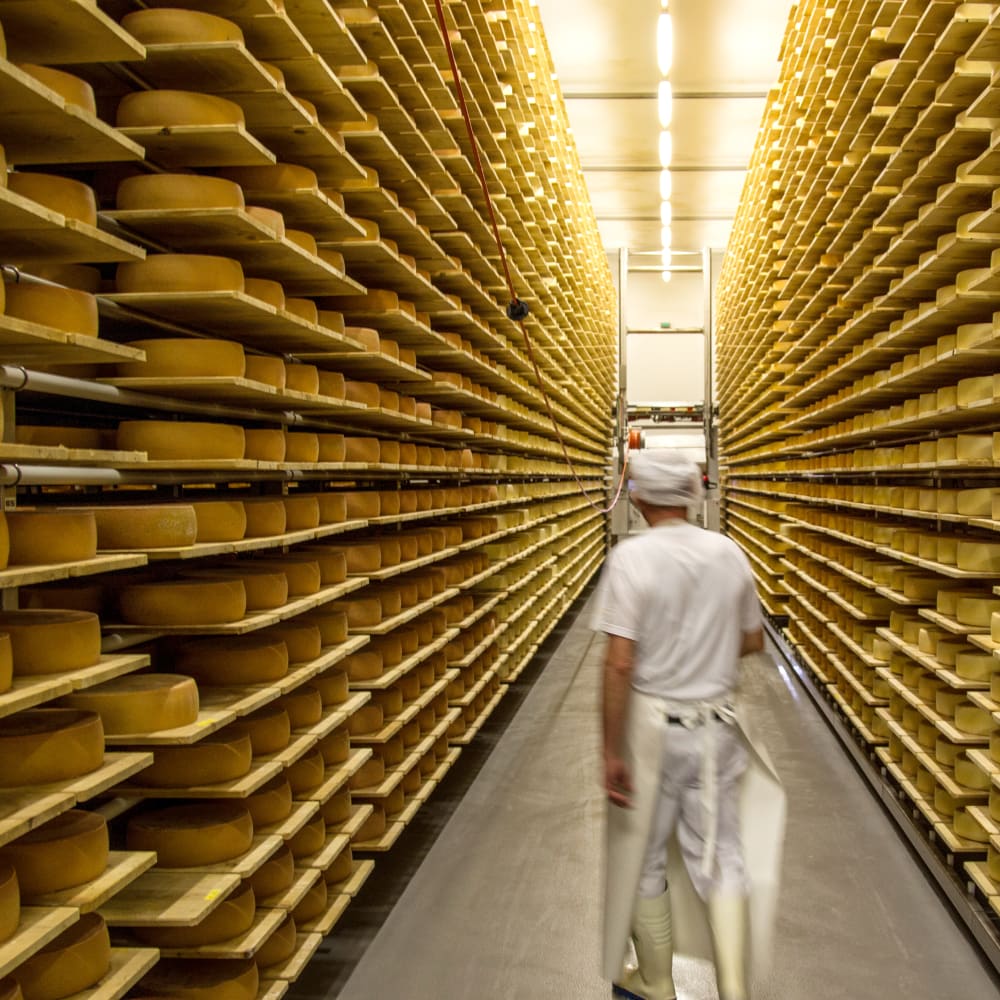Analyzing Soybean Meal with NIR
BUCHI NIR-Online® sensors: Determination of Oil Content, Moisture, Protein, and Fibre in Soybean Meal
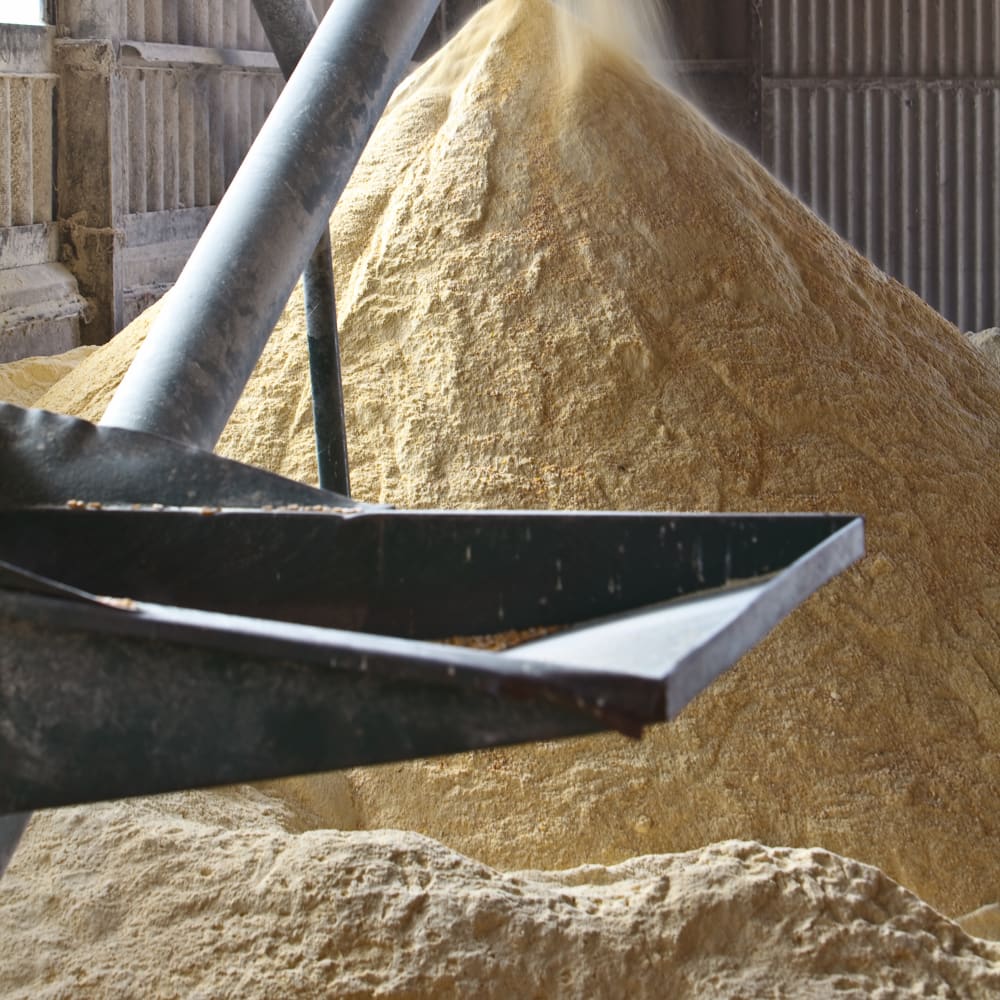
Quality control of soybean meal is a crucial process in ensuring the safety, nutritional value, and consistency of this widely used animal feed ingredient. Soybean meal is a byproduct obtained after extracting oil from soybeans, and it serves as a primary protein source in livestock and poultry diets.
The processing of soybeans into meal involves a series of steps like grinding, heating, and solvent extraction. Throughout this process, constant monitoring is performed to ensure proper temperature, time, and pressure levels, which directly impact the nutritional value and safety of the final product.
NIR spectroscopy is a powerful tool for the quality control of soybean meal, helping manufacturers maintain consistent product quality, optimize production processes, and ensure the nutritional value of animal feed. Its non-destructive nature, cost-efficiency, and fast measurements make it an useful technology for the food and feed industries.
Find out more in this application note No. 263/2023 on analyzing soybean meal with NIR.
